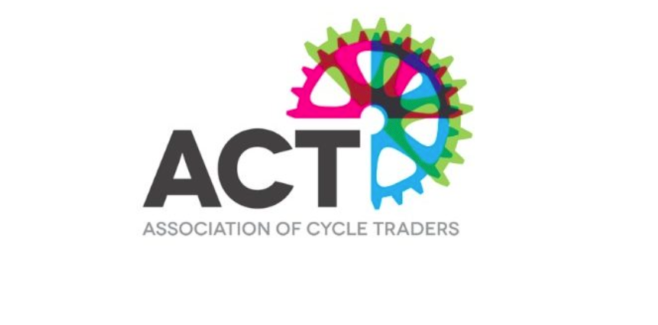E-scooters have evolved to become one of the key cycling industry talking points in recent years. Four industry stalwarts give their take on e-scooters’ impact on the cycling industry and the micromobility market as a whole. Today, we hear from the ACT.
Despite the first e-cooter being introduced over a hundred years ago, it is only within the last few years that the e-scooter has exploded in popularity, and even more recently that it has been on the lips of the nation – particularly the part of the nation that makes up the bike business.
E-scooters are now a prominent mode of transport in over 100 cities, with increasing popularity in many European countries and the US. E-scooters provide the obvious benefits of being environmentally friendly and reducing congestion. Considering the success of e-scooters in developed countries around the world and the benefits they offer, the question has been asked as to why e-scooters are illegal to ride in public within the UK.
Much debate has been sparked in regard to the safety of the vehicles for not only the rider but also other road users and pedestrians. Ahead of UK trials, the DfT classed as motor vehicles, meaning that they are subject to requirements such as MOT, tax, licensing and other construction requirements such as needing to have visible rear red lights, number plates and signalling ability.
As it stands, it is still legal to sell e-scooters in the UK< but regardless of ongoing trials, it is still not legal to ride them anywhere other than private land with the land owner’s permission and that the public does not have access without legal restrictions.
However, with recent environmental issues reaching crisis levels and the UK failing to tackle the rising levels of air pollution, a sustainable solution such as the e-scooter cannot be so easily dismissed.
The primary stance of both the ACT and the BA is to work together to encourage e-scooter responsibility among the wider cycling industry. Whilst there is an obvious opportunity for IBDs to start selling e-scooters, until the Government announces a fully-fledged regulation change, it is crucial for retailers to be aware of the law and they must relay this to any buyers of e-scooters to ensure safety. It is important the industry provides, and is seen to provide, clear advice to consumers at the point of sale about where e-scooters may be legally used.
 micromobilitybiz Delivering news updates to the micromobility industry, focusing on e-bikes, e-scooters and green transport
micromobilitybiz Delivering news updates to the micromobility industry, focusing on e-bikes, e-scooters and green transport




